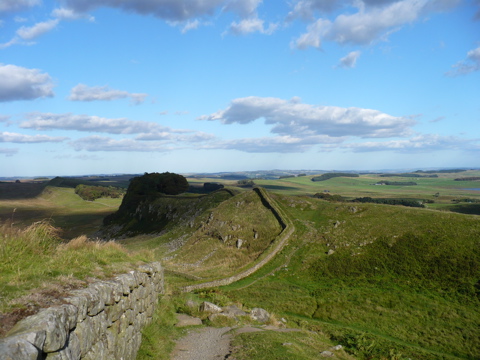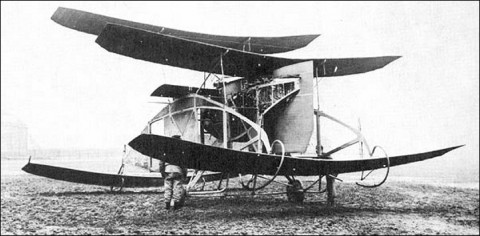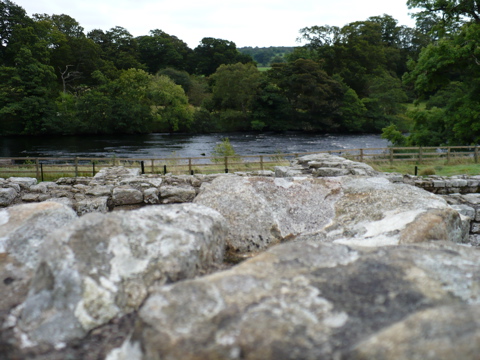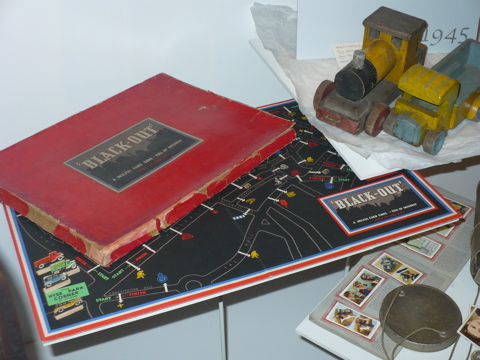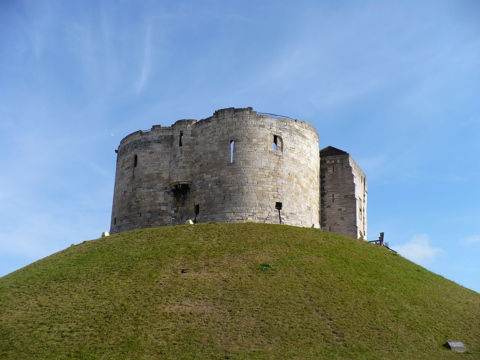The day of the parashot
A few days after Xmas, I felt like I should be getting back into reading something thesis-related, but at the same time I still felt like I was still in holiday mode. So I compromised and read something on topic, but a bit lighter than my usual academic fare, namely Waiting for Hitler: Voices from […]


